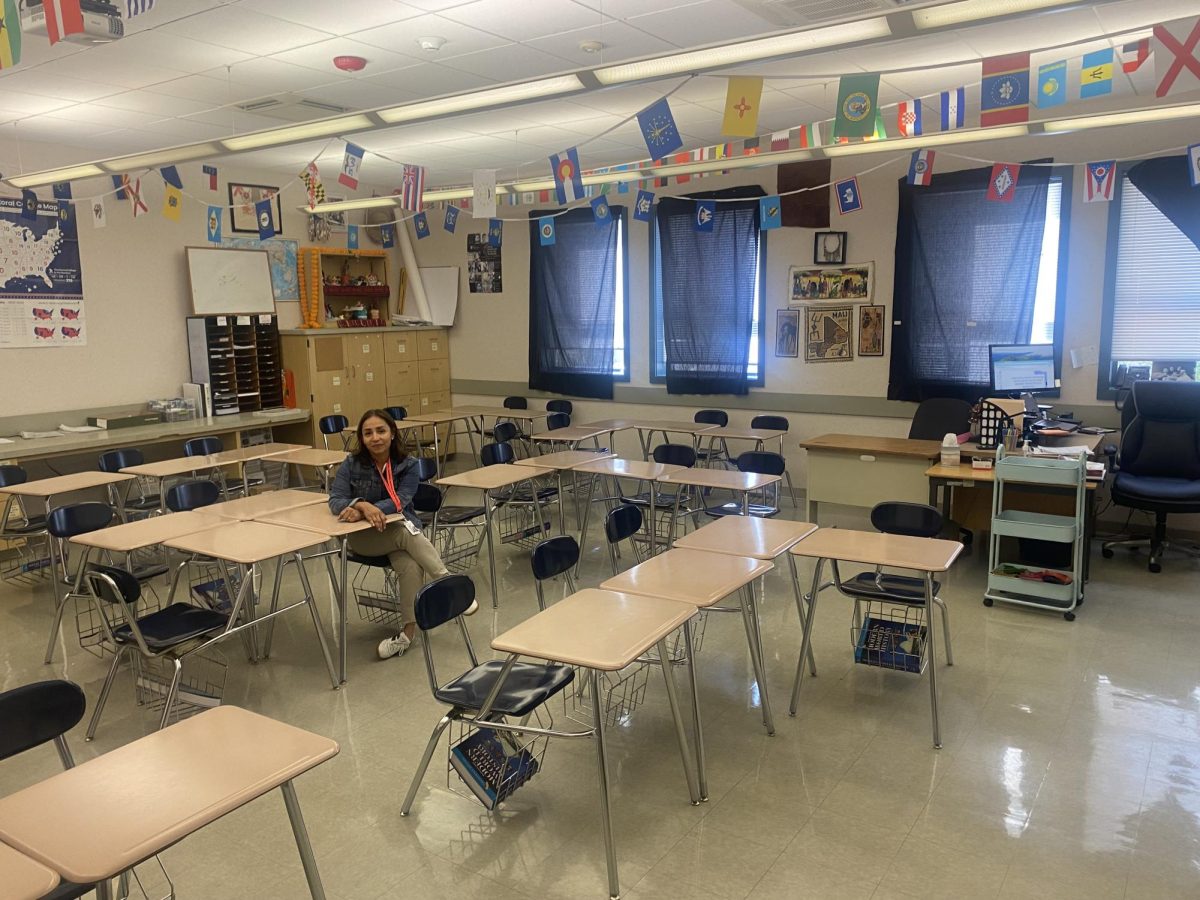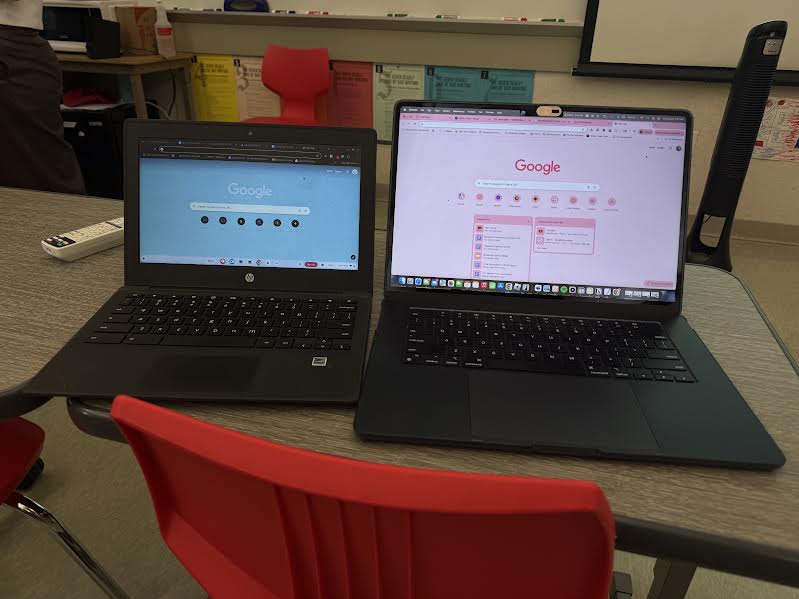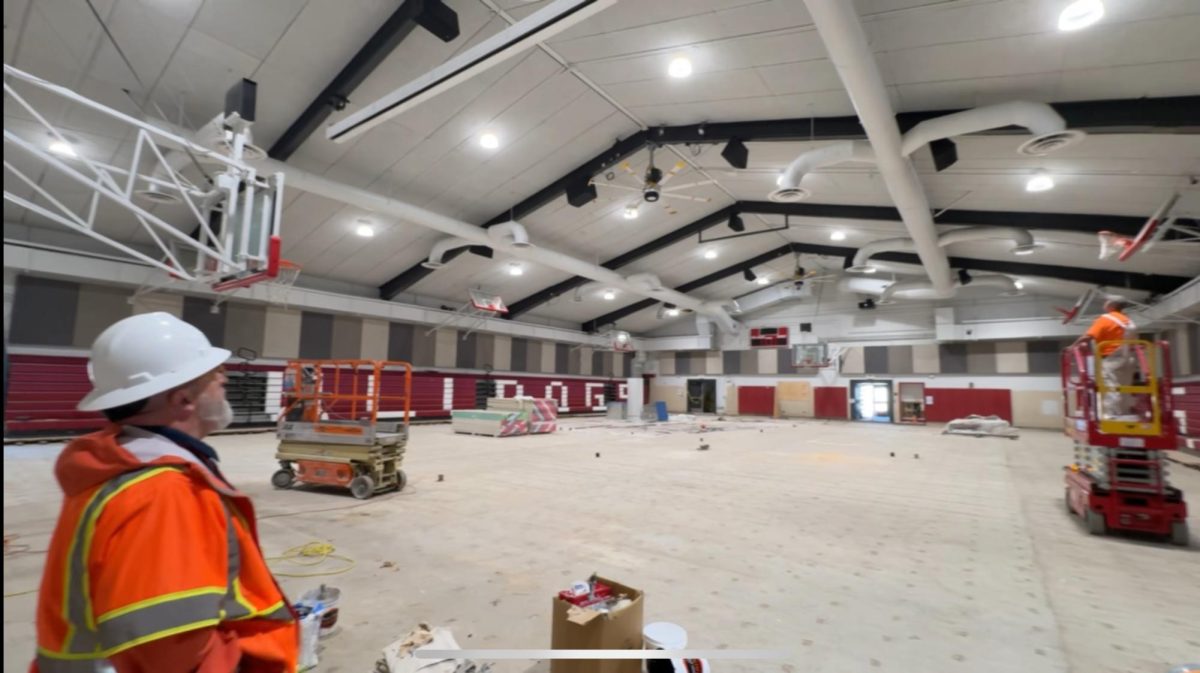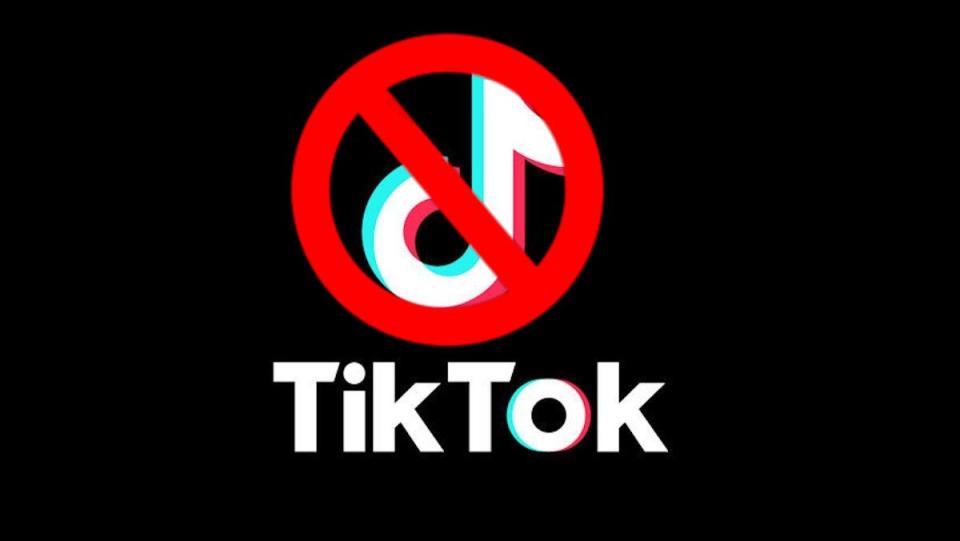As a student-athlete in the midst of college applications, the last thing on my mind is sleep. I live in the cycle of homework, sports, and more extra-curricular activities, worried less about how much sleep I am getting a night than what I have to accomplish. To be fair, in the little amount of time I am home, I’m more focused on finishing up projects, and am willing to sacrifice sleep. What students like me aren’t aware of, however, is that sleep is the last thing one should sacrifice.
“Sleep is one of the most underrated and most important things for a teenager,” says alternative medicine practitioner Dr. Hillary Fredrickson. “Sleep is one of the places where the frontal lobe and the limbic system parts of the brain are growing and developing.”
Dr. Fredrickson is highlighting how important sleep is for students’ brain development. The frontal lobe and limbic system are the two parts of the brain in charge of our moods, emotions, and memory. A study by researchers at University of Maryland School of Medicine (UMSOM) examined data from around 8,000 children enlisted in Adolescent Brain Cognitive Development. They found that children getting less than 9 hours of sleep had smaller volume in certain areas of the brain responsible for attention and memory skills. This study only tracked results for two years. Imagine the longer-term effects.
Unfortunately for our SRHS community, there are many busy students around campus who struggle with prioritizing sleep. Take sophomore Kannon Wood, for example. “On average I go to bed around 12-1, and wake up close to 6-7. So I’m getting like six to seven hours of sleep,” says Wood. According to the CDC, the recommended amount of sleep each night for teens is 8-10 hours. When students like Kannon struggle to reach the minimum of 8 hours, their moods the next morning can be impacted as well as their performance in school.
SR history teacher Abigail Spaelti has noticed a difference in her classroom when taught in the morning versus later on in the day. “There is a lot less participation,” says Ms. Spaelti referring to her first period US Government class. “Everything takes longer in my first period than it does in my third period.” She has noticed more distraction in her morning class, and overall, it makes teaching a lot more difficult when students aren’t participating. This was a worry Dr. Fredrickson brought up. “Difficulty concentrating is a really important one”, she says, referring to common symptoms of limited sleep. “There can be what’s called executive functioning issues; kids can’t remember their homework and assignments, so they fall behind”.
It isn’t easy to get 8-10 hours of sleep each night. Some students may even argue that prioritizing sleep makes them fall behind more. For most students homework is what is keeping them up later. “I have a ton of homework, and most days I don’t get it all done, so I wake up more stressed”, says Wood. It seems as though students notice the problem in their sleep schedule, yet dismiss it because they are too focused on finishing all their assignments, and they end up sacrificing sleep.
This creates a difficult balance. On the one end of the spectrum, students are trying to get eight hours of sleep, but on the other end, they are forced to stay up to complete all their assignments and not fall behind.
Ultimately it comes down to time management. A Harvard Division of Continuing Education article recommends many different strategies that may help students manage their time better. Possibilities include making a calendar,writing down a personal to-do list for all the tasks that need to be completed, or establishing a night-time routine that works best for you. Whatever it is, using time more efficiently will help students stay on top of their work, while also getting the recommended amount of sleep.
The correlation between time management and sleep has been proven through research by Dr. Adam Knowlden, an associate professor of health science at the University of Alabama. In his study, he discovered many different statistics, with the most important being that time management was an explanation of around 20% of the sleep outcomes that were measured. This by no means is easy, but taking advantage of free time to finish work, and overall reducing procrastination will not only help students get more overall sleep, but will also help students see better results in their experiences at school.
Effects of phones on students is another important variable in them losing sleep. “Blue light that’s coming from the phones can disrupt their pineal gland and their melatonin response”, says Dr. Fredrickson. Melatonin is one of the most important hormones that is released during sleep. When students aren’t getting enough sleep,melatonin isn’t getting released, and falling asleep becomes harder. This is why it is encouraged to have all your electronics shut off around 45 minutes before bed, eliminating that blue light exposure. In an experiment explained by the National Institutes of Health, 63 sixteen year olds turned off their phones an hour before bed. The results showed them going to bed 17 minutes earlier, with their sleep having increased by nearly 20 minutes per night. Although that number may not seem like a lot, an extra 20 minutes of sleep can really help.
If more students are able to take this advice, set up a consistent bedtime routine where phones are off an hour before, and create a schedule to organize their time so more assignments get done, they would see a difference. So let’s strive to get at least 8 hours, and start making sleep a priority. We will not only start to see an increase in our moods throughout the day, but more success in the classroom as well.








































Kent Morales • Jan 10, 2025 at 12:39 pm
Great article, Asher. Waking up feeling refreshed and ready instead of groggy and stressed makes a big impact on physical and mental health. Thank you for addressing phone use, which is undoubtedly a controversial issue. Even an old person like myself has to be aware that time spent scrolling through a social media feed before bed is wasted time! Keep up the good work.